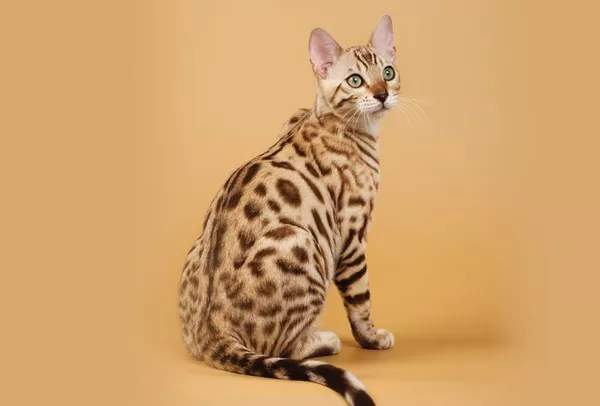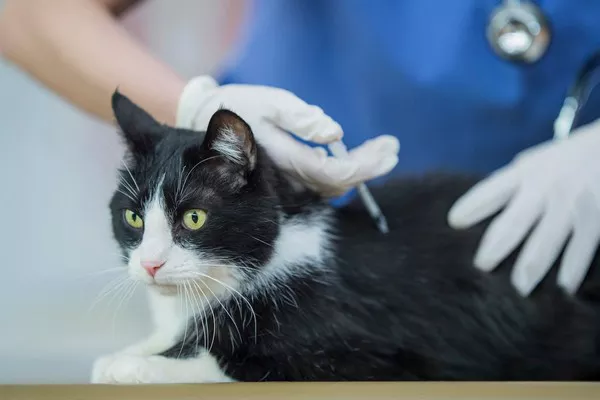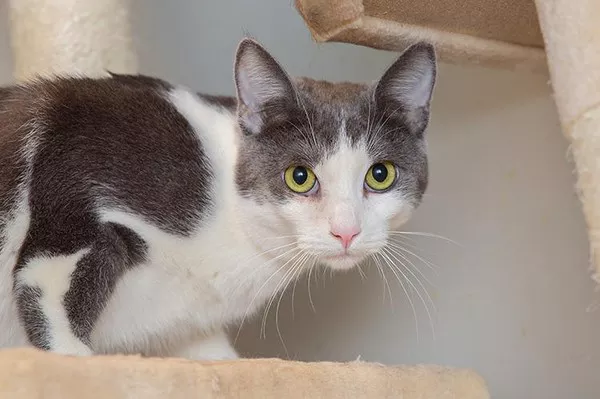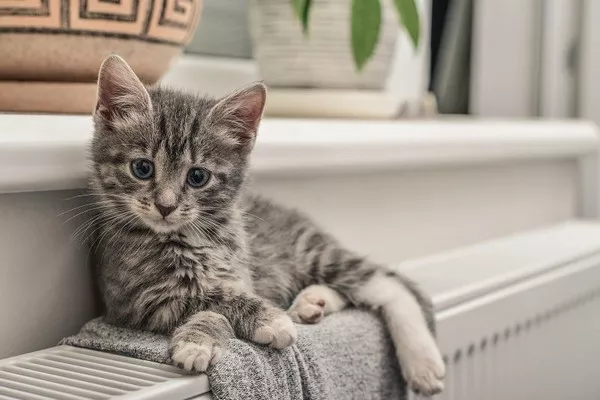The British Shorthair, known for its distinctive appearance and amiable temperament, is a beloved feline companion in many households. Ensuring the optimal health and well-being of these majestic cats involves paying careful attention to their dietary requirements. In this article, we will delve into the intricacies of the British Shorthair‘s diet, exploring the essential elements that contribute to their overall health and vitality.
Understanding the British Shorthair’s Unique Dietary Needs
The British Shorthair, with its round face, dense coat, and robust build, possesses distinct characteristics that extend to its dietary preferences. A well-balanced diet is crucial to maintaining their iconic appearance and promoting a healthy lifestyle. It is imperative for cat owners to be aware of the specific nutritional needs of British Shorthairs to ensure they receive adequate nourishment.
Key Nutritional Requirements for British Shorthairs
British Shorthairs require a diet rich in essential nutrients to support their unique physique and maintain optimal health. Proteins, sourced from high-quality meat, are fundamental to their diet. These proteins aid in muscle development, contributing to the British Shorthair’s sturdy build. Additionally, incorporating a balance of carbohydrates, fats, vitamins, and minerals is crucial for a well-rounded and nutritious diet.
Commercial Cat Food Options for British Shorthairs
When it comes to selecting the appropriate cat food for British Shorthairs, there is a plethora of commercial options available. Opting for high-quality cat food, specifically formulated to meet the needs of the British Shorthair breed, is essential. These formulations often consider the cat’s age, weight, and activity level, providing a tailored nutritional profile.
Homemade and Raw Food Considerations for British Shorthairs
While commercial cat food is convenient, some owners prefer a more hands-on approach to their British Shorthair’s diet. Homemade meals or raw food diets can be considered, but it is imperative to consult with a veterinarian to ensure the nutritional adequacy of such diets. Proper planning and adherence to essential guidelines can help maintain the health and well-being of British Shorthairs on homemade or raw food diets.
Weight Management for British Shorthairs
The British Shorthair’s tendency to gain weight means that weight management is a crucial aspect of their dietary care. Obesity can lead to various health issues, affecting their overall quality of life. Monitoring portion sizes, providing regular exercise, and choosing a diet tailored to weight management are essential strategies for maintaining an optimal weight for British Shorthairs.
Hydration and the British Shorthair’s Diet
Proper hydration is often overlooked but is equally important for the health of British Shorthairs. Ensuring access to fresh and clean water at all times is vital. Some cat owners may consider incorporating wet cat food into their British Shorthair’s diet, as it contributes to overall water intake, promoting urinary tract health and preventing dehydration.
Special Considerations for British Shorthair Kittens and Seniors
The nutritional needs of British Shorthair kittens differ from those of adult cats, emphasizing the importance of specialized kitten food for their growth and development. Similarly, as British Shorthairs age, their dietary requirements may change, necessitating adjustments to accommodate their evolving health needs. Regular consultations with a veterinarian are crucial to ensuring a seamless transition between life stages.
See Also: Health Mysteries of the British Shorthair: A Comprehensive Guide
Common Dietary Challenges for British Shorthairs
Despite their generally robust health, British Shorthairs may face specific dietary challenges. These challenges can include food allergies, sensitivities, or medical conditions that require special dietary considerations. Identifying and addressing these challenges promptly is crucial to maintaining the overall health and well-being of British Shorthairs.
Supplements for British Shorthairs
Supplementation may be necessary in certain situations, such as addressing specific health concerns or nutritional deficiencies. However, supplementing a British Shorthair’s diet should be done under the guidance of a veterinarian to avoid potential imbalances or adverse effects. Common supplements may include omega-3 fatty acids for coat health or joint supplements for senior British Shorthairs.
Conclusion: Nurturing the British Shorthair’s Well-Being Through Thoughtful Nutrition
In conclusion, a well-balanced and nutritionally dense diet is fundamental to the health and happiness of British Shorthairs. Owners should remain vigilant in understanding the unique dietary needs of this distinctive breed, consulting with veterinarians to tailor diets to individual requirements. By prioritizing proper nutrition, cat owners can contribute significantly to the longevity and vitality of their beloved British Shorthair companions.
Related Topics:
Why are british shorthair cats so expensive?
Can british shorthair be left alone?
How to reduce hair loss in British shorthair cats?
























